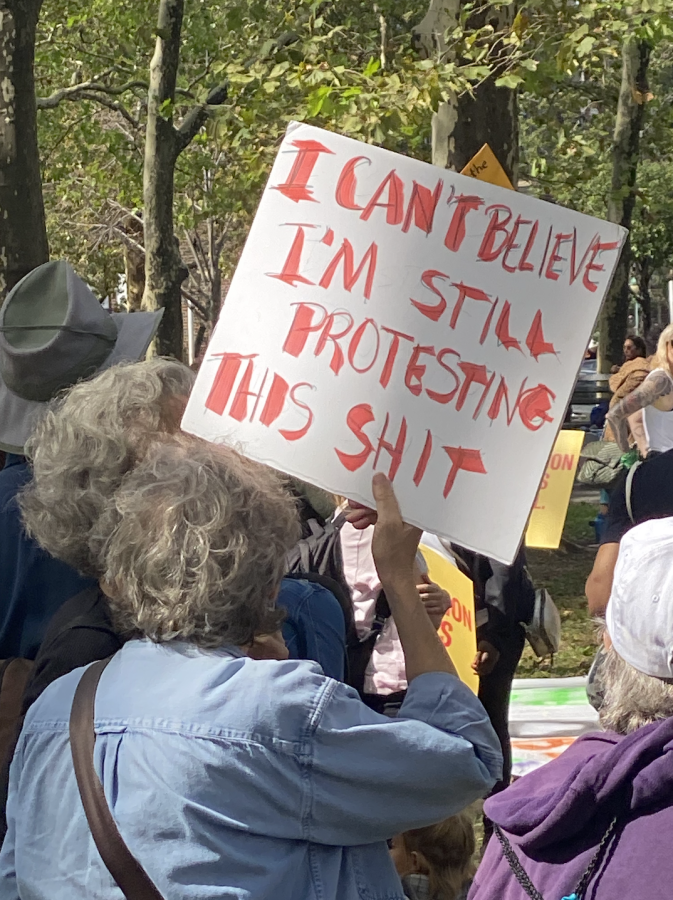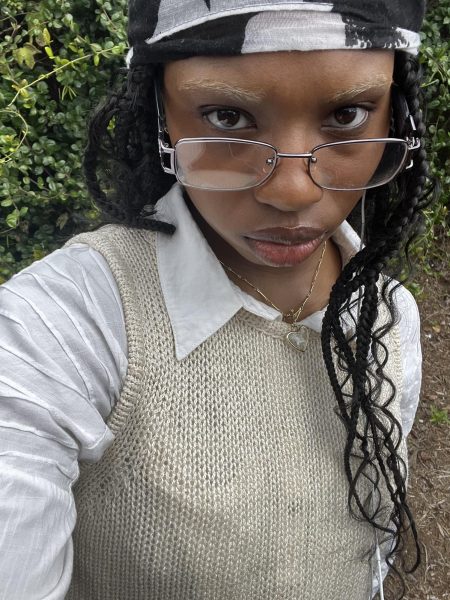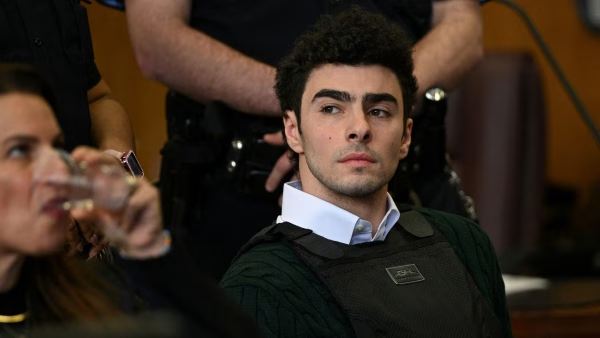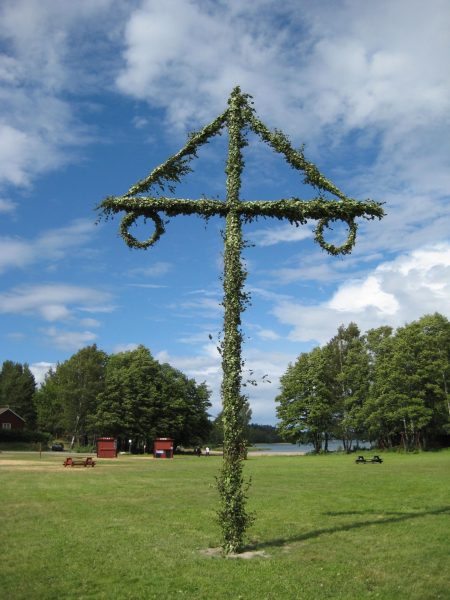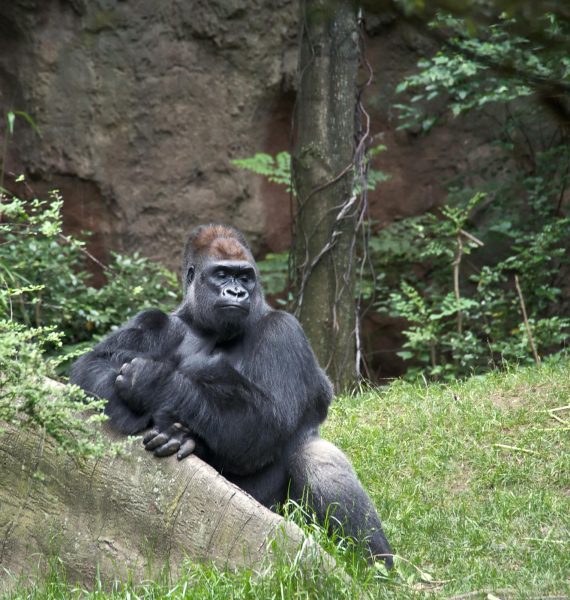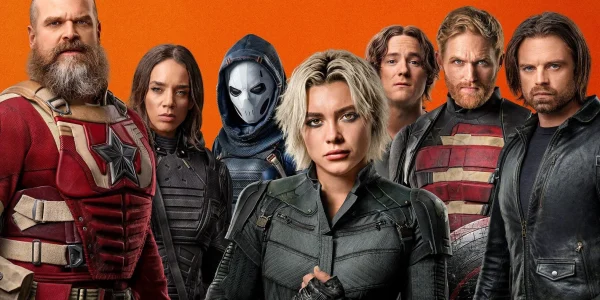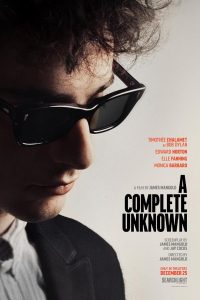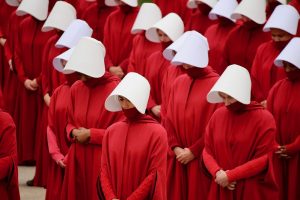University’s reproductive justice panel addresses abortion advocacy amid overturn of Roe v. Wade
October 2, 2022
49 years ago, Roe v. Wade was enacted, establishing the right to control one’s own sexual and reproductive decisions. On June 24, 2022, that decision was overturned by a majority ruling within the Supreme Court where now 36 states hold restrictions against legal abortions.
On Sept. 29, the University hosted a panel in the Student Center to discuss the movement for reproductive justice. Panelists Dr. Meghana Nayak, the Chair of Women & Gender Studies, Dr. Emily Welty, the Director of Peace & Justice Studies and The Pace Press’ Assistant Social Media Manager, Mikayla Meachem, expressed their knowledge and provided resources on how to be involved in advocating for this freedom.
The panel began with Dr. Denise Belen Santiago, Director of Multicultural Affairs, sharing an anecdote related to the experience of those who have gone through an abortion, specifically during a time when the lack of safe accessibility was prohibited.
Dr. Nayak took the stand, or rather the screen through Zoom, to introduce the framework of the panelist discussion explaining the genesis of a group of black feminists known as SisterSong in 1994 Chicago, as well as calling attention to the forced pregnancies and forced deliveries that happened in war and conflict zones.
Centering on the problem, Dr. Nayak explains how anti-choice lawmakers hold great power in the reproductive justice discussion outside of the U.S., and despite it being mentioned in passing in the United Nations (UN), there is no “stand-alone human rights convention about reproductive and sexual health and reproductive justice.” Another hindrance is the Helms & Hyde amendments that were put into effect after the approval of Roe v. Wade, restricting federal funds from any organization that provides abortion care and/or speech.
Dr. Welty discussed the list of intersectional issues including sovereignty, race, class, migration, colonization, incarceration and even environmental justice, and how they all play a role in reproductive justice. In addition, Meachem mentions the purpose of intersectionality as a way to establish a long-lasting community of people with shared experiences who can provide support and access to resource centers.
With the upcoming midterm elections on Nov. 8, Dr. Nayak encouraged those to vote, highlighting the Abortion is Healthcare Everywhere Act. Dr. Welty recommended that students work to educate themselves on the people who hold power to change the current situation. She also acknowledged transformative justice and how it reconfigures our thoughts to identify the root cause of these issues and how they affect us as a whole, rather than independently. Furthermore, the panel discussed ways students be involved and display advocacy.
“If you see that the policies are not going to be what we rely on, then you need to be focusing in on the community, because if we are not educating our community on what’s really happening in policies, then we won’t be able to translate these policies to understand what they are actually saying,” Meachem advised.
SisterReach, Spark and Black Women for Wellness are all organizations that promote advocacy in health education and community outreach. They also work to incorporate the arts in culture and media to build resources for POC, non-binary, LGBTQ+ and low-income communities. Dr. Welty drew from the climate justice movement, saying, “Everybody doesn’t have to do everything, but everyone really needs to do something.”
Dr. Welty encourages students to exercise their curiosity, especially in conversations with others who have opposing standpoints to understand the information they’ve received that has shaped their opinion, as well as partaking in local activism like donations, signing petitions and volunteering with reproductive justice organizations available at aafront.org.

